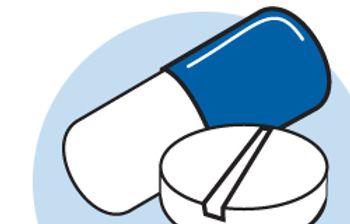
What is the most common cause of pericardial effusion in dogs?

What is the most common cause of pericardial effusion in dogs?

Is there an indicator for severity of cardiac disease in dogs?

Orlando -- Pioneering veterinary cardiologist Stephen Ettinger, DVM, Dipl. ACVIM received the 2011 Mark L. Morris Sr., Lifetime Achievement Award yesterday.

How can hydration status influence echocardiographic measurements?

An important aspect of diagnosis of this disorder in American cocker spaniels.

Anesthetizing a patient with cardiac disease requires a plan for the use of supportive measures to maintain adequate tissue perfusion. As in the case of left sided cardiac dysfunction patients, volume administration frequently is not an option to support blood pressure. In these cases, should a positive inotropic or pressor agent be indicated, the volume of the adjunctive agent required should be deducted from the volume of crystalloid administered to maintain a balanced hourly rate.
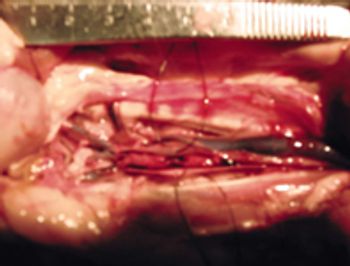
Thromboembolism is a fairly common and potentially devastating complication of heart disease in cats.

The patient suspected of having a cardiac problem needs to have a complete history taken and physical examination performed; these procedures will establish the correct diagnosis and permit appropriate therapy. The cardiac examination is an extension of the complete physical examination.

Determine age, breed, and sex of the patient to help formulate a rule-out list and help to determine prognosis. Note current pre-existing diseases. Record current drugs and clinical response. Record presenting clinical signs and duration and progression of the illness.

Electrocardiography is an integral part of the cardiological exam. It is the only way to determine heart rhythm accurately and to determine if there are any conduction abnormalities. This is also the most useful part of an ECG. ECGs can do other things however, these are not nearly as important.

I'll review the pathophysiological changes associated with the common congenital and acquired cardiac defects in small animal medicine and discuss the characteristics of anesthetic drugs that may make them desirable of undesirable for each problem.

Chronic heart failure (CHF) traditional therapy (for CHF secondary to chronic degenerative valvular disease etc.) still provides only an average a 4-6 months survival time in dogs. Though current standard treatment regimens provide a good quality of life for many canine patients, complications can lead to early patient loss.

The essentials of electrocardiography include the assessment of heart rate, heart rhythm, and the P-QRS-T waveforms. The ECG is needed to accurately diagnose cardiac arrhythmias, and this test is extremely sensitive for this purpose.
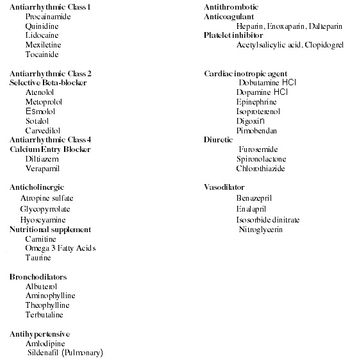
Advancing technology has provided clinicians with ever more powerful and effective drugs for treating diseases. As more drugs become available, it becomes progressively more difficult to be aware of the numerous side effects, contraindications, and drug interactions of the many cardiopulmonary drugs available.
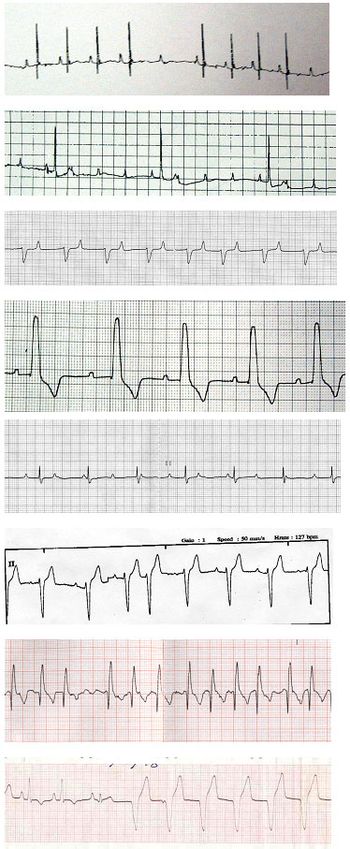
ECG case studies.

The clinical signs of canine and feline heart failure are limited, but they must be distinguished from pulmonary dysfunction and also systemic problems. Heart disease often results in secondary respiratory signs (e.g., coughing or dyspnea); conversely, disease of the lung or its vasculature can result in secondary right heart disease (e.g., cor pulmonale).

Help for diagnosing and treating chronic valvular heart disease in dogs.

A critical aspect of treatment in the late stages of the disease.

Technicians familiar with cardiac emergencies can respond quickly and appropriately to minimize suffering and maximize the chance of success of treatment for the patient.

Congenital cardiac defects are those present at birth, and are most often from a genetic cause. In addition to genetic causes, they can also be from infectious, environmental, pharmaceutical, or a variety of causes.

Proper electrocardiography (ECG) starts with proper positioning. For a diagnostic ECG, the patient must be restrained in right lateral recumbency with the legs perpendicular to the body and parallel to each other.

Veterinary technicians are the veterinary hospital's mainstay when it comes to carefully and successfully anesthetizing critical patients. A large number of elderly canine and feline patients are affected by cardiac disease, and knowledge of how to safely monitor, anesthetize, and problem solve cardiac patients makes for a less stressful anesthesia for both the patient and technician.

Common acquired cardiac diseases of the dog include those that are caused by valvular defects, myocardial failure, infectious reasons, as a result of arrhythmias, and parasitism.
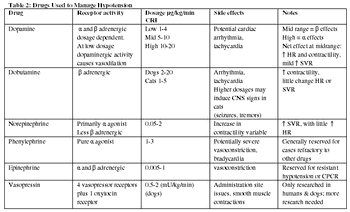
Sustained hypotension is a life threatening situation where the body's major organs (kidney, liver, brain, and heart) can experience irreversible damage from inadequate perfusion pressure. Veterinary technicians may encounter hypotension frequently when caring for emergency and critical care patients, as well as anesthetized or post operative patients who are frequently at risk of systemic hypotension.

In this session we will review thoracic radiology and echocardiography with an emphasis on normal and abnormal anatomic features.